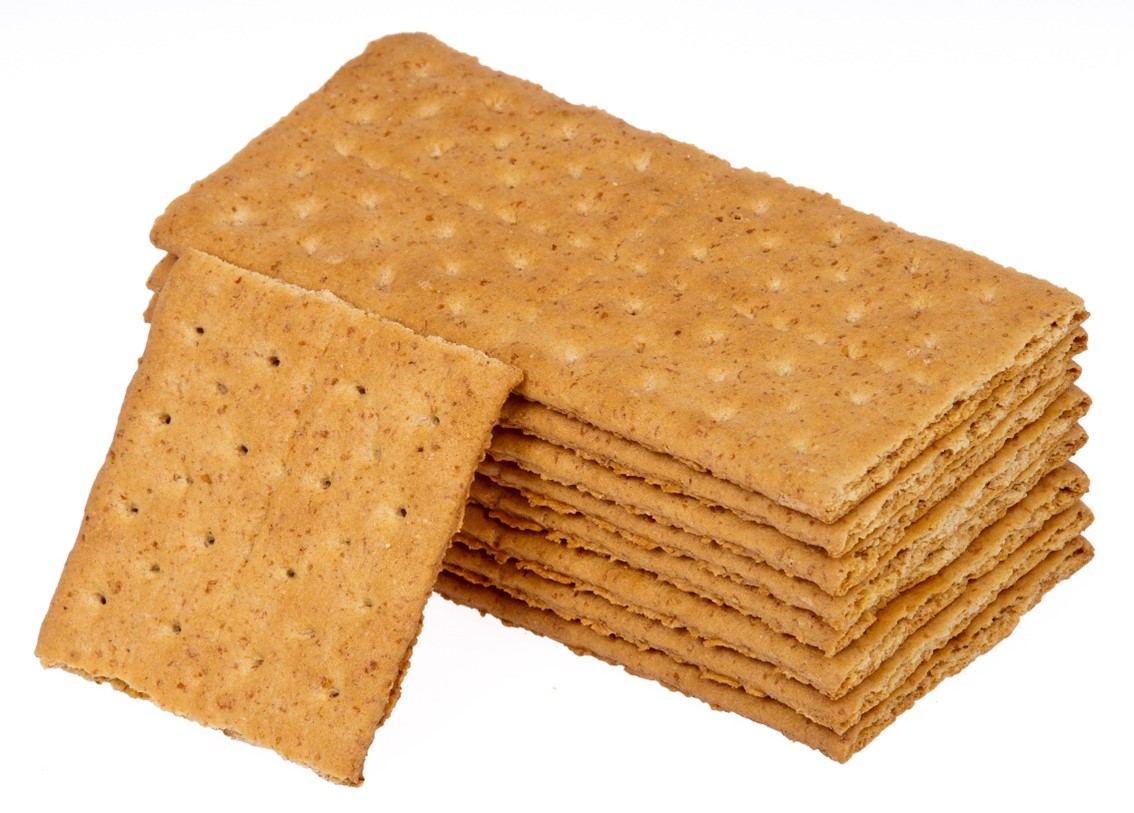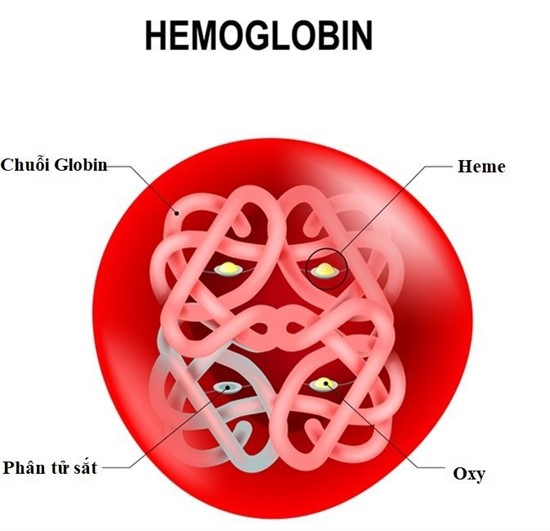A nurse is teaching a parent about appropriate snack choices for her 9-month-old infant. Which of the following food choices should the nurse recommend?
Raw carrots
Unsalted popcorn
Skim milk
Graham crackers
The Correct Answer is D
Choice A reason: Raw carrots are not a good choice for a 9-month-old infant because they are also a choking hazard. Raw carrots are hard and crunchy, which can be difficult for the infant to chew and swallow. Raw carrots should be cooked until soft and cut into small pieces before offering to the infant.
Choice B reason: Unsalted popcorn is not a good choice for a 9-month-old infant because it poses a choking hazard. Popcorn is hard, dry, and irregularly shaped, which can easily get stuck in the infant's throat or airway. Popcorn should be avoided until the child is at least 4 years old.
Choice C reason: Skim milk is not a good choice for a 9-month-old infant because it does not provide enough fat and calories for their growth and development. Infants should drink breast milk or formula until they are at least 12 months old.
Choice D reason: Graham crackers are a good choice for a 9-month-old infant because they are soft, easy to chew, and provide carbohydrates and iron for their energy and growth. Graham crackers can be broken into small pieces and given to the infant as finger food.

Nursing Test Bank
Naxlex Comprehensive Predictor Exams
Related Questions
Correct Answer is C
Explanation
Choice A reason: Potassium 3.5 mEq/L is not a finding that indicates fluid volume deficit because it is within the normal range, which is 3.5 to 5.0 mEq/L. Potassium is an electrolyte that regulates nerve and muscle function, acid-base balance, and fluid balance. Potassium level can be affected by various factors, such as diet, medication, kidney function, and dehydration.
Choice B reason: Sodium 145 mEq/L is not a finding that indicates fluid volume deficit because it is within the normal range, which is 136 to 145 mEq/L. Sodium is an electrolyte that regulates blood pressure, blood volume, and fluid balance. Sodium level can be affected by various factors, such as diet, medication, kidney function, and fluid loss.
Choice C reason: Hematocrit 53% is a finding that indicates fluid volume deficit because it is above the normal range, which is 38 to 50% for men and 34 to 46% for women. Hematocrit is the percentage of red blood cells in the total blood volume. Hematocrit level can increase due to dehydration, which causes hemoconcentration or increased blood viscosity.
Choice D reason: HbA1c 5% is not a finding that indicates fluid volume deficit because it is within the normal range, which is less than 5.7%. HbA1c is the percentage of hemoglobin that is attached to glucose. HbA1c level reflects the average blood glucose level over the past two to three months. HbA1c level can be affected by various factors, such as diabetes, anemia, and medication.
Correct Answer is A
Explanation
Choice A reason: Baked sweet potato is a good source of iron, which is a mineral that helps make hemoglobin, the protein in red blood cells that carries oxygen. Iron deficiency can cause anemia, weakness, fatigue, and pale skin.
Choice B reason: Cauliflower is not a good source of iron, but it is a good source of vitamin C, which can help increase iron absorption from plant sources. Cauliflower is also a good source of fiber, folate, and antioxidants.
Choice C reason: Egg white omelet is not a good source of iron, but it is a good source of protein, which can help with tissue repair and growth. Egg white omelet is also low in fat and cholesterol.
Choice D reason: Brown rice is not a good source of iron, but it is a good source of carbohydrates, which can provide energy and prevent protein breakdown. Brown rice is also a good source of fiber, B vitamins, and magnesium.

Whether you are a student looking to ace your exams or a practicing nurse seeking to enhance your expertise , our nursing education contents will empower you with the confidence and competence to make a difference in the lives of patients and become a respected leader in the healthcare field.
Visit Naxlex, invest in your future and unlock endless possibilities with our unparalleled nursing education contents today
Report Wrong Answer on the Current Question
Do you disagree with the answer? If yes, what is your expected answer? Explain.
Kindly be descriptive with the issue you are facing.
